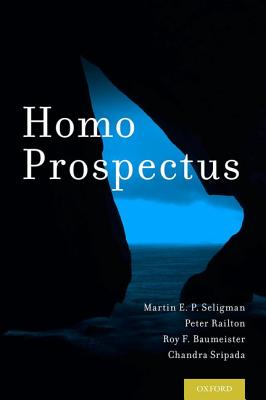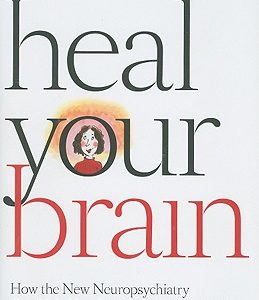Homo Prospectus
$34.16
Description
Our species is misnamed. Though sapiens defines human beings as “wise” what humans do especially well is to prospect the future. We are homo prospectus. In this book, Martin E. P. Seligman, Peter Railton, Roy F. Baumeister, and Chandra Sripada argue it is anticipating and evaluating future possibilities for the guidance of thought and action that is the cornerstone of human success.
Much of the history of psychology has been dominated by a framework in which people’s behavior is driven by past history (memory) and present circumstances (perception and motivation). Homo Prospectus reassesses this idea, pushing focus to the future front and center and opening discussion of a new field of Psychology and Neuroscience.
The authors delve into four modes in which prospection operates: the implicit mind, deliberate thought, mind-wandering, and collective (social) imagination. They then explore prospection’s role in some of life’s most enduring questions: Why do people think about the future? Do we have free will? What is the nature of intuition, and how might it function in ethics? How does emotion function in human psychology? Is there a common causal process in different psychopathologies? Does our creativity change with age?
In this remarkable convergence of research in philosophy, statistics, decision theory, psychology, and neuroscience, Homo Prospectus shows how human prospection fundamentally reshapes our understanding of key cognitive processes, thereby improving individual and social functioning. It aims to galvanize interest in this new science from scholars in psychology, neuroscience, and philosophy, as well as an educated public curious about what makes humanity what it is.
Author: Seligman, Martin E P, Author: Railton, Peter, Author: Baumeister, Roy F, Author: Sripada, Chandra
Topic: Psychology
Media: Book
ISBN: 199374473
Language: English
Pages: 400















Reviews
There are no reviews yet.